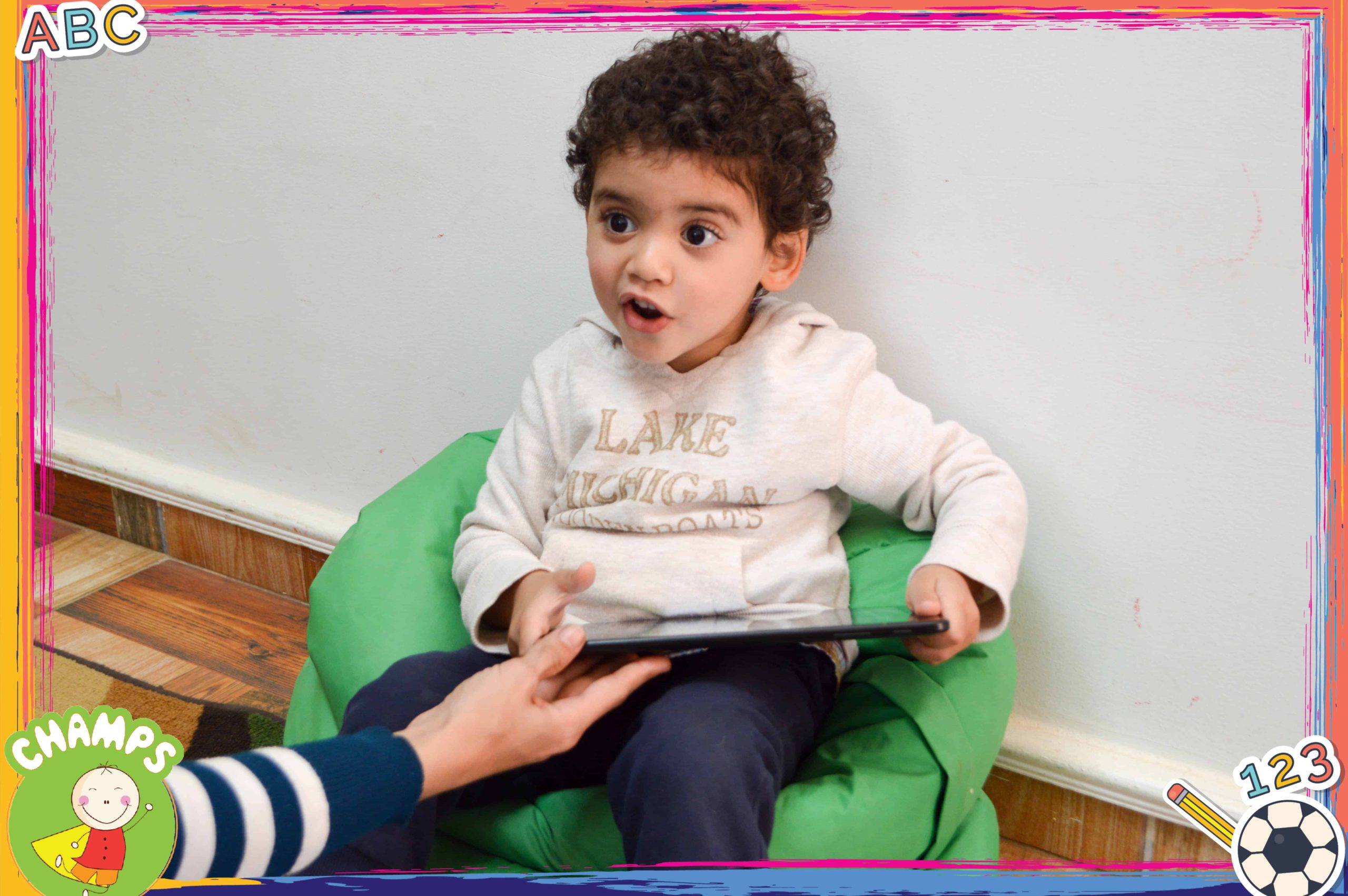Legendary children’s writer Roald Dahl wrote about the TV,
“It rots the sense in the head,
It kills imagination dead!
It clogs and clutters up the mind,
It makes a child so dull and blind.”
Yet today, Egyptian children and preschoolers are carrying mobile phones and tablets and taking selfies to post on Instagram. Who can blame them? Cartoons and animation movies have experienced a surge in creativity! Apps for kids combine learning with fun games and YouTube videos distract the little one while Mommy or Daddy drives or cooks.
Some pediatricians still say that the amount of time children spend using technological devices doesn’t matter so long as the child is getting enough sleep, eating healthy and exercising.
And now with Apple and Google’s new Parental Control systems, parents can follow their kids’ online activities and protect them from age-inappropriate content.
Recent research, however, revealed shocking results.
By studying the development of more than two thousand children, researchers found that kids who spend more than 2 hours of screen time (using mobile phones, tablets, laptops or watching TV) performed worse on cognitive tests and memory tests than those who don’t.
Increased screen time was linked to higher incidence of obesity among children. And in December 2018 a huge American study published the following, “After 1 h/day of use, more hours of daily screen time were associated with lower psychological well-being, including less curiosity, lower self-control, more distractibility, more difficulty making friends, less emotional stability, being more difficult to care for, and inability to finish tasks.”
So do technological devices CAUSE cognitive and memory defects?
No. We can’t prove that.
But we can definitely say that kids who:
- Sleep for 9-11 hours/day,
- Exercise for at least 60 minutes every day, and
- Spend LESS than TWO HOURS of screen-time,
Are better thinkers, have a stronger memory, face less stress and avoid mental illnesses.
Get this;
The American Academy of Pediatrics recommends ZERO screen time for children younger than two years!
So what are we saying?
Our little ladies and gentlemen don’t belong in front of a screen. It doesn’t matter whether it’s the twelfth or the twenty first century. Kids belong outdoors, making up games and doing crafts and exploring the world around them.
Are these limitations applicable to big households and working parents?
Short answer? Yes.
It’ll be hard, especially that your child is probably used to their screen-time and will not take kindly to a sudden dissociation from a habit he or she enjoys.
You can start by working on yourself. Start spending less time in front of a screen when your little one can see you. Practice gradual withdrawal and fill the hours with playdates, sports and music or dance classes. Consider how much physical and mental harm you’re protecting your champ from. Isn’t it worth the effort?
Do monitor the kind of stuff your child watches or plays on electronic devices
Even with the most resilient kids, habits don’t change in a day. So until you find the perfect formula to limit screen-time without risking a cosmic temper tantrum, here’s a list of free apps that will entertain, educate and prep your champ for school interview questions:
- FitBit (helps you keep track of the amount of exercise your Champ practices in a day)
- Laugh & Learn: Shapes & Color (just write Fisher Price apps) in the search bar.
- Toddler Flashcards.
- YouTube Kids
- The Very Hungry Caterpillar
How many hours of screen time does your kid spend? How do you plan to manage it? Got any apps to recommend?
Let us know!

